
Take 5 minutes to catch up on NeurologyLive's highlights from the week ending May 29, 2020.

Take 5 minutes to catch up on NeurologyLive's highlights from the week ending May 29, 2020.
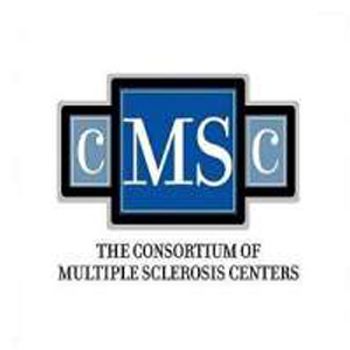
Following the 2020 Consortium of Multiple Sclerosis Centers Virtual Annual Meeting, the organization has scheduled a mini poster session and product theaters for June 1-14.

Improvements in function may be mediated by an effect of aerobic fitness on deep gray matter brain structures.

The consultant for the Muscular Dystrophy Association’s Chief Medical Advisory Team and associate professor of neurology at Columbia University offered his perspective on some of the latest news in ALS.

An analysis of data from the phase 3 development of cladribine (Mavenclad; EMD Serono) showed that the incidence of treatment-emergent adverse events was low and most were mild in intensity.
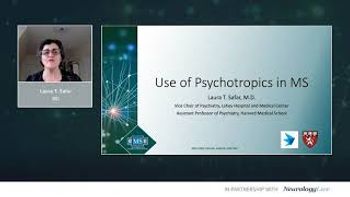
Laura Safar, MD, presents her lecture titled, "Use of Psychotropics in MS: Antidepressants, Anti-anxiety Agents, Mood Stabilizers, Hypnotics, Antipsychotics, and Cognitive Enhancers" as part of the 2020 CMSC Virtual Annual Meeting.

Allen Bowling, MD, PhD, presents his lecture titled, "Cannabis and MS: Efficacy, Safety, Drug Interactions, and Research Update" as part of the 2020 CMSC Virtual Annual Meeting.

Marketed as Tauvid by Avid Radiopharmaceuticals, the flortaucipir F18 IV injection is indicated to be used with PET imaging to assess the distribution and density of aggregated tau neurofibrillary tangles.

Benjamin Greenberg, MD, presents his lecture titled, "Emerging Therapies Across the Disease Spectrum" as part of the 2020 CMSC Virtual Annual Meeting.
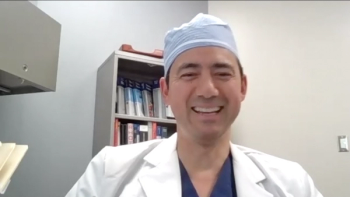
The chair of the Department of Neurosurgery at Banner-University Medical Center discusses the current state of the science being done in the realm of epilepsy surgery.

A subset group of inebilizumab-treated patients who did not have adjudicated attacks displayed more than a 2-fold increase in serum CSF glial fibrillary acidic protein from baseline, implying GFAP may serve as a biomarker.

Findings from a study of more than 500 girls with multiple sclerosis suggest that first menstruation and the onset of puberty may be a time of increased disease activity in pediatric MS.
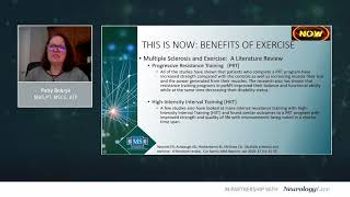
Patricia Bobryk, MHS, PT, MSCS, ATP, presents her lecture titled, "Rehabilitation in MS: That Was Then, This Is Now" as part of the 2020 CMSC Virtual Annual Meeting.
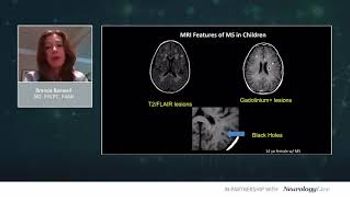
Brenda Banwell, MD, presents her lecture titled, "Current Perspectives of Pediatric MS Care and Research" as part of the 2020 CMSC Virtual Annual Meeting.

Data from the overall satralizumab treatment period, which expanded on the double-blind periods by adding new data from the ongoing open-label extension periods, were consistent with the double-blind period results.
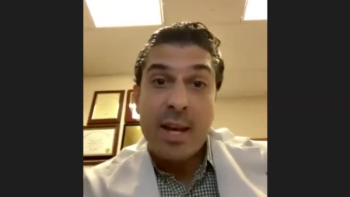
The assistant professor and director of Clinical Vascular Neurology Research at NYU Langone gives perspective on his recent study of patients with stroke and COVID-19 and the difficulties in understanding their relationship.

Mona Bostick, RDN, LDN, presents her lecture titled, "The Importance of Assessing Nutritional Health in Patients With MS" as part of the 2020 CMSC Virtual Annual Meeting.

Anthony Feinstein, MPhil, PhD, FRCP, presents his lecture titled, "Depression and MS: Diagnosing and Treating" as part of the 2020 CMSC Virtual Annual Meeting.

A real-world survey of more than 300 health care practitioners suggests that the MSProDiscuss tool offers a useful tool for the physician-patient discussion on multiple sclerosis disease progression.

The founding executive director and chief science officer at the Alzheimer’s Drug Discovery Foundation discussed goals and current work being conducted by its Diagnostics Accelerator initiative.
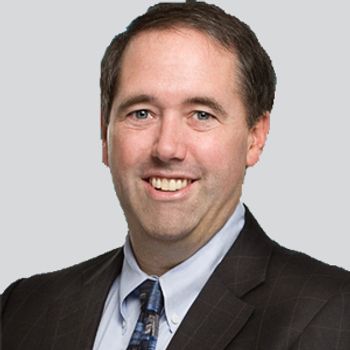
Increases in physical, emotional, and cognitive functioning were more common in patients receiving natalizumab than in patients receiving other disease modifying therapies.

The Novartis agent showed benefit in patients who had multiple sclerosis both with and without relapses.

The newly appointed director for the Center for Experimental Neurotherapeutics at St. Jude Children’s Research Hospital details his personal responsibilities and the long-term goals for the new center.






